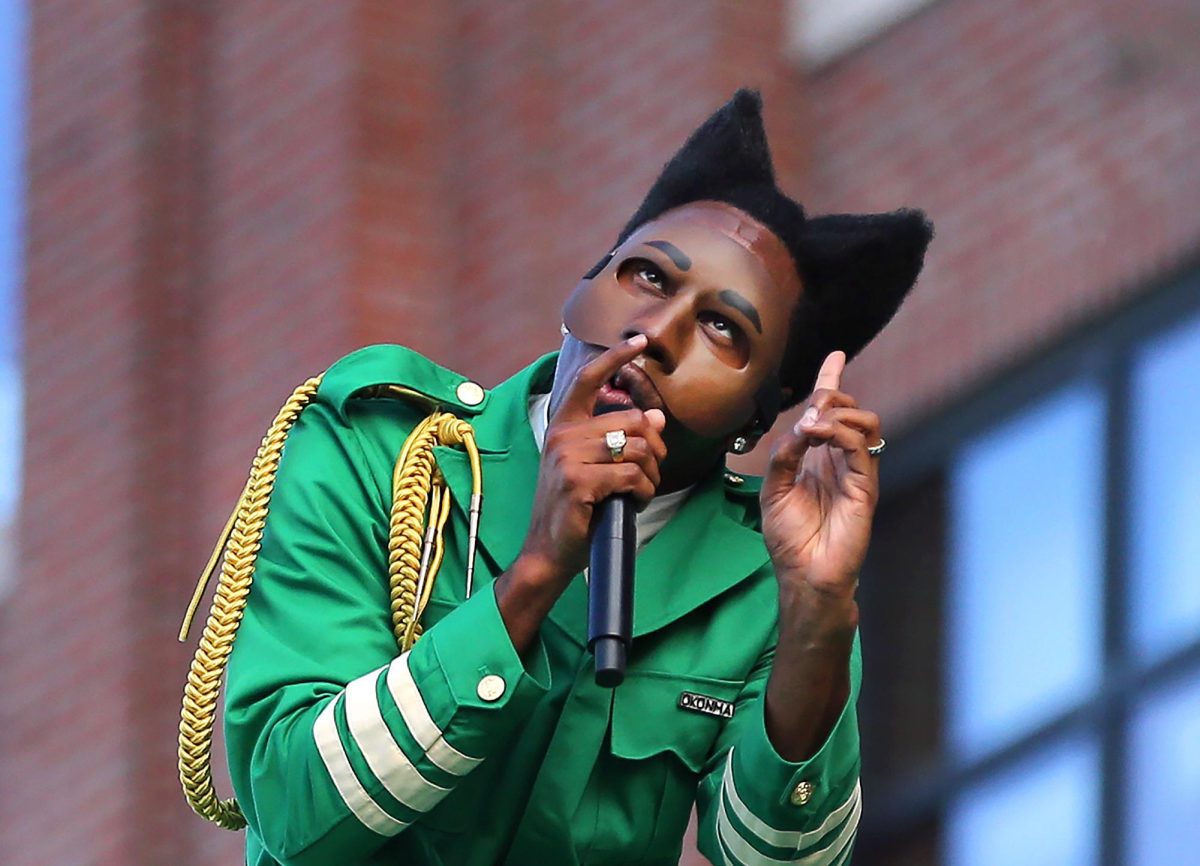Tybout: Even great directors worked menial jobs
April 6, 2011
Graduating film students, don’t despair. Even in the arts, achieving your dream job isn’t… Graduating film students, don’t despair. Even in the arts, achieving your dream job isn’t impossible — it might just take a few years of thankless labor.
In 2011’s unforgiving market, the prospect of a respectable, well-paying career has never seemed more remote. This is, I imagine, especially true for aspiring filmmakers. Succeeding in Hollywood is hard enough when the markets are healthy. It’s comforting, then, to learn that even established directors have worked more than their fair share of extraneous professions before breaking into the industry.
To assuage any anxieties about realizing your cinematic career, I’ve enumerated below a few of the odd jobs some of the most respected filmmakers in the business had to work. Be warned, however: If this list is any indication, no matter how much you hate your current station, its influence on your art is inevitable.
Video Store Clerk: Quentin Tarantino
Tarantino’s films are as saturated with filmic allusions as they are violence. It’s fitting, then, that before the “pulp auteur” made a name for himself with “Reservoir Dogs,” the high school dropout worked as a clerk at Video Archives in Manhattan Beach, Calif. As Tarantino quipped to NBC, “I could have worked at Video Archives. I could have worked at Pioneer Chicken. But luckily I got in at Video Archives, and it was real fun.”
Perhaps as a result of this employment, Tarantino’s films are transparent in their influences — a quality that leads many critics to dismiss his work as unoriginal. Whether or not this is a valid admonishment, the director’s brand is one indisputably entrenched in pop culture, and the niches that make such immersion possible.
Painter: Akira Kurosawa
Painting is one of the few aspirations less conducive to a steady income than directing. Thankfully Kurosawa’s failure to succeed in studio art didn’t diminish his spirits. Instead, the Japanese icon focused his energies elsewhere: movies.
Fortunately for cinephiles, Kurosawa’s enduring enthusiasm for the brush permeates all his works, in ways both literal and aesthetic. In “Dreams,” a surreal anthology of vignettes completed late in Kurosawa’s career, a young man becomes hopelessly lost in a Vincent Van Gogh painting — the painter himself, interestingly, is played by Martin Scorsese. In virtually all Kurosawa’s works — particularly color films like “Kagemusha” — the director exercises an unprecedented mastery of contrast and shadow. (Fritz Lang, another visual mastermind, also studied painting in Paris.)
Construction Worker: Jean-Luc Godard
Construction isn’t merely a proletariat profession. Even the most revered director in art-house circles can claim familiarity with blue-collar drudgery. In 1953, Godard worked construction on a dam in Switzerland — an experience he turned into a short documentary, “Operation Beton” (1954), or “Operation Concrete.”
Although the film is hardly what catapulted Godard to cinematic stardom — a movie about moving rubble isn’t exactly, I’d imagine, as exhilarating as “Breathless” — it nonetheless provided the filmmaker with invaluable experience.
Advertiser: Abbas Kiarostami and Roy Andersson
Commercials are often denigrated as vapid and senseless. That doesn’t mean, however, that the people behind them can’t be authentic artists. Most notably, renowned filmmakers Kiarostami and Andersson — respectively, the Iranian director of experimental, minimalist sensations like “Taste of Cherry,” and the Swedish black humorist with an impeccable eye for color and mise-en-scene — both worked in that much-maligned industry, marketing.
Kiarostami, in his early years, designed book-jackets, and directed more than 150 commercials, and shorts on topics like dental hygiene, according to The New Yorker. Andersson, for his part, became immensely respected in his field — fellow Swede Ingmar Bergman once deemed his commercials the best “in the world” — and continues to devote to the craft a considerable amount of time. In fact, the director is completely unrepentant about his day job. “I work as meticulously on [commercials] as on my feature films,” he told Vice Magazine.


